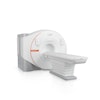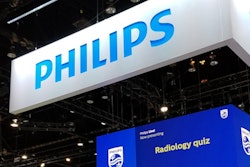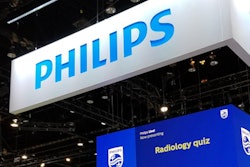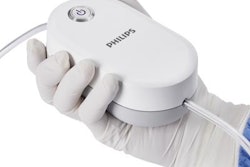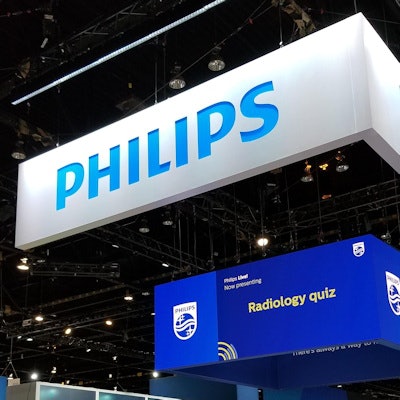
Philips Healthcare has recorded a 3% decline in sales on a comparable basis for its global Diagnosis & Treatment businesses during the third quarter of 2020, but this represents an improvement compared with the 9% fall in Q2, CEO Frans van Houten told a press briefing on 19 October.
For the period, Philip's Diagnosis & Treatment unit had sales of 1.97 billion euros ($2.32 billion U.S.), compared with 2.12 billion euros ($2.5 billion) in the third quarter of 2019. The postponement of installations and slow recovery of elective procedures resulted in the overall sales decline in the Diagnosis & Treatment businesses, which include the vendor's medical imaging operations.
Ultrasound was hit particularly hard, registering a double-digit decline in Q3, van Houten said. Diagnostic imaging and image-guided therapy sales experienced a low-single-digit decline. Overall, comparable order intake in the segment showed a 5% decrease, compared with a 20% decrease in Q2 2020.
On a profit basis, the Diagnosis & Treatment businesses had income from operations of 98 million euros ($115.5 million), compared with 222 million euros ($261.6 million) in the same period last year. Adjusted earnings before interest, taxes, and amortization (EBITA) margin decreased from 14% to 9.7%, mainly due to lower volumes and factory coverage, as well as mix changes.
"It is clear that the COVID-19 pandemic is far from over, and our teams remain fully focused on delivering against our triple duty of care: meeting critical customer needs, safeguarding the health and safety of our employees, and ensuring business continuity," van Houten noted.
Among the highlights for Philips during the period was a long-term strategic partnership with Franciscus Gasthuis & Vlietland in Rotterdam, the Netherlands, to provide a range of health technology products and services.
In the U.S., the vendor recently announced a deal with Tampa General Hospital to replace all its patient monitors and upgrade imaging technologies in the catheterization laboratories and interventional radiology rooms. Also, it said it's working with outpatient medical imaging provider SimonMed Imaging to deploy 3-tesla MRI technology, including software and services, at its clinics to diagnose brain and orthopedic injuries, as well as liver and cardiac disease.

